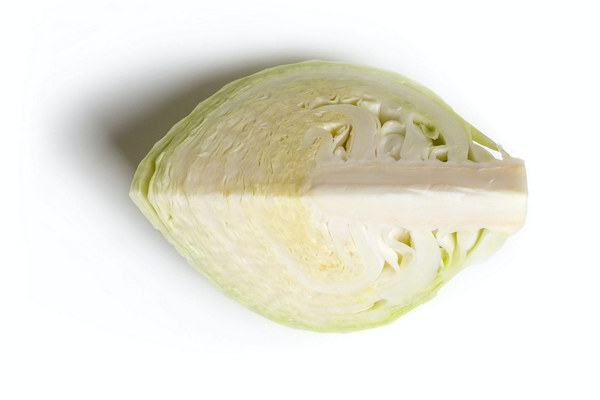Nurturing Your Liver A Comprehensive Guide for Liver Care Enthusiasts
Introduction:
The liver is a vital organ that performs numerous critical functions in the body, such as filtering toxins, metabolizing nutrients, and producing bile. As such, it is crucial to maintain liver health to ensure overall well-being. This article is tailored for individuals who are passionate about liver care, offering valuable insights, tips, and practices to help you nurture your liver and keep it functioning optimally.
1. Understanding Liver Health:
To begin with, it's essential to understand what makes a liver healthy. A healthy liver is capable of detoxifying harmful substances, synthesizing proteins, storing vitamins, and producing bile. Here are some common indicators of liver health:
- Clear skin and eyes
- Regular bowel movements
- Energy and vitality
- A healthy immune system
- Proper digestion
2. Dietary Tips for Liver Care:
A balanced diet is crucial for liver health. Here are some dietary tips to help you nourish your liver:
- Consume a variety of fruits and vegetables: These are rich in antioxidants and vitamins that support liver function.
- Limit alcohol intake: Excessive alcohol consumption can lead to liver damage, so it's best to avoid it altogether or consume it in moderation.
- Choose whole grains: Whole grains are rich in fiber, which helps in maintaining a healthy weight and reducing the risk of fatty liver disease.
- Eat fatty fish: Fish like salmon, mackerel, and sardines contain omega-3 fatty acids, which can help reduce inflammation and support liver health.
- Avoid processed and high-fat foods: These foods can contribute to obesity and increase the risk of non-alcoholic fatty liver disease (NAFLD).
3. Lifestyle Changes for Liver Care:
In addition to a healthy diet, adopting a healthy lifestyle can significantly impact your liver's well-being:
- Regular exercise: Physical activity can help maintain a healthy weight, reduce inflammation, and improve overall liver function.
- Adequate sleep: Lack of sleep can disrupt liver function, so aim for 7-9 hours of quality sleep each night.
- Stress management: Chronic stress can harm liver health, so practice stress-relieving techniques like meditation, yoga, or deep breathing exercises.
- Avoid smoking: Smoking can exacerbate liver damage and increase the risk of liver disease.
4. Supplements and Herbs for Liver Support:
While no supplement can replace a healthy diet and lifestyle, some natural remedies can support liver function:

- Milk thistle: This herb contains silymarin, a compound that has been shown to protect liver cells and support liver regeneration.
- Artichoke: Artichoke extract has been found to stimulate bile production, which can aid in the digestion of fats.
- Turmeric: This spice contains curcumin, a compound with anti-inflammatory properties that may benefit liver health.
5. Regular Check-ups and Monitoring:
To ensure your liver is functioning optimally, it's important to schedule regular check-ups with your healthcare provider. Blood tests can detect liver enzymes and bilirubin levels, indicating liver health. Early detection of liver conditions can lead to timely intervention and better treatment outcomes.
Conclusion:
As a liver care enthusiast, it's your responsibility to prioritize your liver's well-being. By adopting a healthy diet, lifestyle, and incorporating natural remedies, you can help maintain your liver's optimal function and enjoy a healthier, happier life. Remember to consult with healthcare professionals before making significant changes to your diet, lifestyle, or starting any new supplement regimen.









